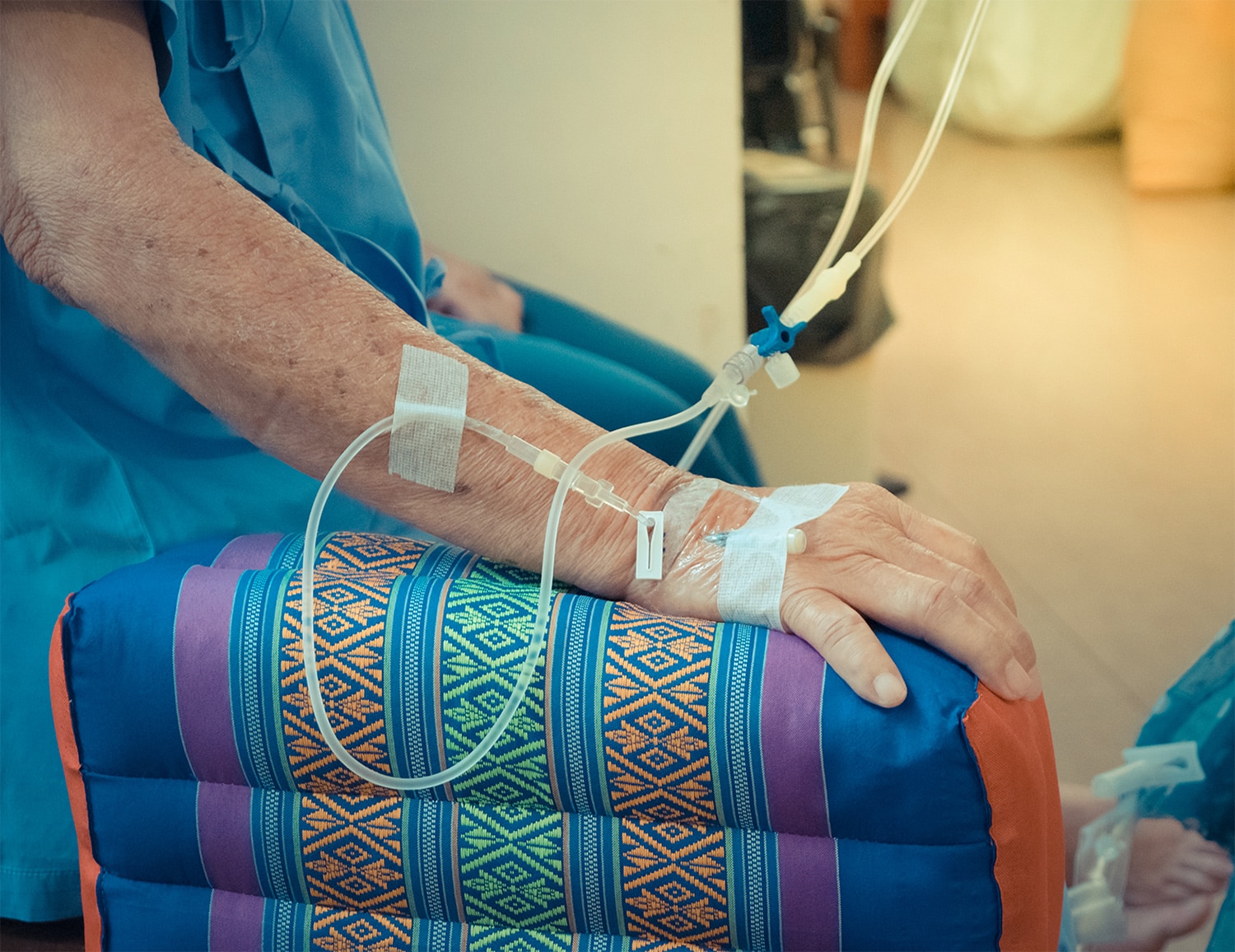The Impact of the Coronavirus on Cancer Care
Cancer patients are at increased risk of serious cases of COVID-19. The coronavirus pandemic is also affecting patients’ cancer care. Routine follow-up visits are being rescheduled or converted to virtual visits. Writing in a study published March 17 in the Journal of the National Comprehensive Cancer Network, physicians from Seattle say that post-surgery chemotherapy with curative intent should proceed. Bone marrow transplants and cellular immunotherapies like CAR-T cell therapy are also often urgent and cannot be delayed. There could be situations where surgery could be delayed, they write. Indeed, the New York Times and the Associated Press report that some cancer surgeries are being postponed. Cancer patients and their doctors will need to have individual conversations. “We have a commitment to treat patients as per their normal protocols and not delay any treatments that are required,” Siddhartha Mukherjee, a hematologist and oncologist at Columbia University Medical Center in New York City, told Vox. “This is a time for patients to work closely with their oncologists and then figure out how to appropriately manage their care.” Writing in the Guardian, U.K. oncologist Lucy Gossage talks about the time ahead. “There is no doubt the next few months will be challenging on multiple levels, probably in ways we can’t yet imagine. But every day we learn from our patients who show us just how strong humans are in the face of adversity. And cancer services are made up of good people who are used to doing their best in difficult situations. That, I think, will be what gets us through.”
Graphic Warning Labels for Cigarettes
On March 17, the Food and Drug Administration (FDA) issued a final rule stating that cigarette makers beginning in June 2021 must include new graphic warnings on cigarette packaging and advertisements. The approved warnings include images of the impacts of smoking, such as a picture of bloody urine to indicate the increased risk of bladder cancer and a picture of a woman with a neck tumor to indicate the increased risk of head and neck cancer. “The 11 finalized cigarette health warnings represent the most significant change to cigarette labels in more than 35 years and will considerably increase public awareness of lesser-known, but serious negative health consequences of cigarette smoking,” Mitch Zeller, director of the FDA’s Center for Tobacco Products, said in a press release.
Drug Appears to Benefit Children With Rare Tumors
Children with the genetic disorder neurofibromatosis type 1 develop tumors called plexiform neurofibromas. Treatment with the investigational drug selumetinib appeared to shrink these tumors and improve pain, according to a study published March 18 in the New England Journal of Medicine. The drug was given to 50 children with inoperable tumors, and 28 had tumor responses that lasted for a year or longer. “One of the most surprising findings of this trial was the impact the treatment had on pain,” study co-author Andrea M. Gross of the National Cancer Institute’s Center for Cancer Research said in a press release. “It even helped patients who had been living with chronic, debilitating pain come off pain medications, which was not something we anticipated.”
Cancer Today magazine is free to cancer patients, survivors and caregivers who live in the U.S. Subscribe here to receive four issues per year.





